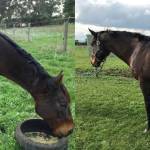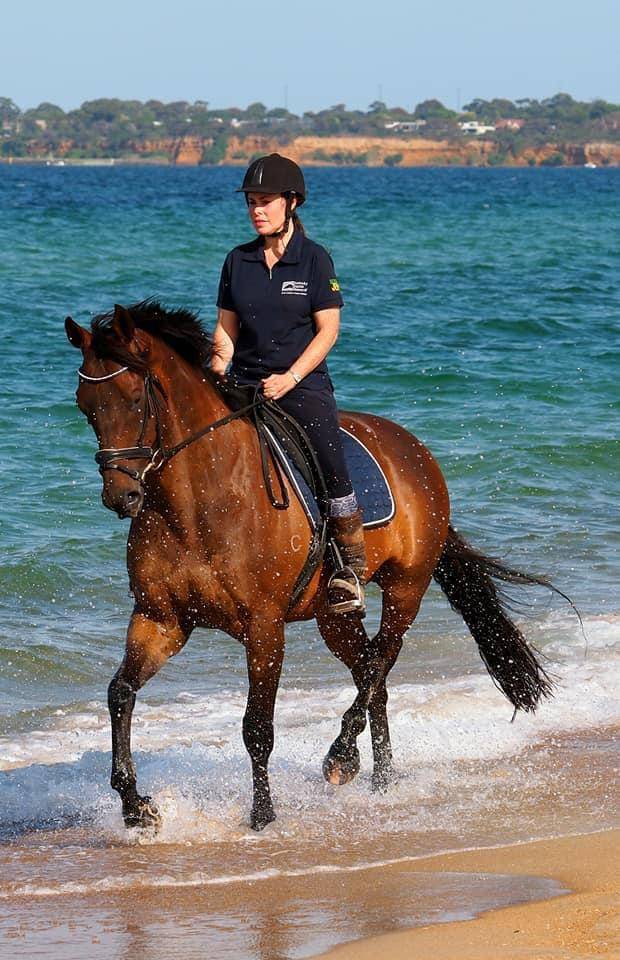Equine Nutritionists: Here to Help

Are you rearing a foal for the first time?
Is your horse lethargic?
Are you having trouble with your horse’s hooves, skin, or coat?
An equine nutritionist can help with all of these concerns and much more. We spend a lot of time looking at our own diets, but have you stopped to think about what your horse’s nutrition?
“When we speak to a horse owner, our primary responsibility lies with the horse’s nutritional well-being,” said Rebecca Ham, a nutrition advisor with Kentucky Equine Research Australia. “So many of my consultations result in small changes to the horse’s diet and not a complete change. We are doing virtual consultations now, so we see horses in real time, and it makes finding the answers a lot easier.”
Many breeding farms have a nutritionist on-call to solve growth-related issues in young horses and to defeat the battle of the bulge among broodmares. Often this means the formulation of a custom feed to meet the needs of the farm. Likewise, most high-performance equestrians enlist an expert to fine-tune diets for horses in their care and to troubleshoot feed-related problems that might crop up, from metabolic mayhem such as tying-up to everyday nuisances like inappetence and delicate hooves. However, the nutrition consultation service isn’t restricted to breeding farms or performance horses.
As an example, feeding off-track Thoroughbreds is a common topic Kentucky Equine Research nutritionists tackle. With the growth of retraining programs in Australia, more people own retired racehorses. The transition from racing to leisure or performance takes time, and managing the transition is made easier with nutritional advice.

Alan, pictured above, retired from racing and was left in a paddock for six months. He was in poor condition, with his ribs visible and his coat dull.

After a nutrition consultation, his owner put him on Barastoc Low GI, Equi-Jewel, EquiShure, and Bio-Bloom HF. The Low GI cube provides the right balance of nutrients, whilst Equi-Jewel delivers a high-fat, cool-energy source. EquiShure was introduced to help with any potential hindgut acidosis and Bio-Bloom HF to help with hoof strength.
The consultation occurred in mid-June and Alan’s owner worried that she may not see results right away as winter settled in. However, in just six weeks, Alan’s body condition score already started improving and his owner was delighted to see his increasing muscle tone. Six months following his diet change, he looked like a completely different horse.
Kentucky Equine Research offers complimentary nutrition consultations by phone, videoconferencing, or email. For more information, please contact the Nutrition Consultation Service on 1800 772 198, [email protected], or schedule a virtual consultation here.








